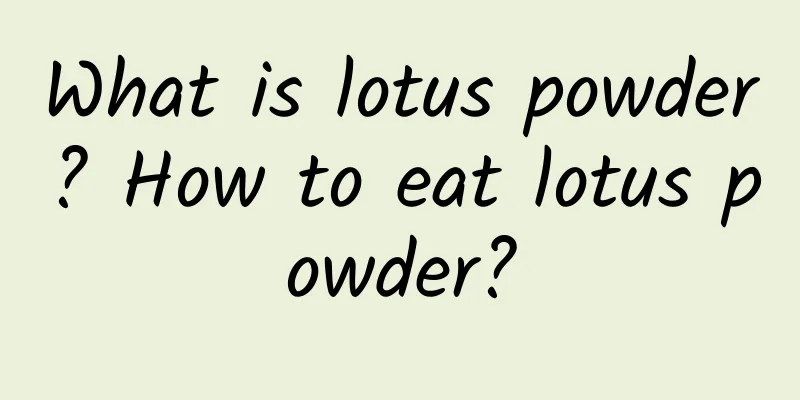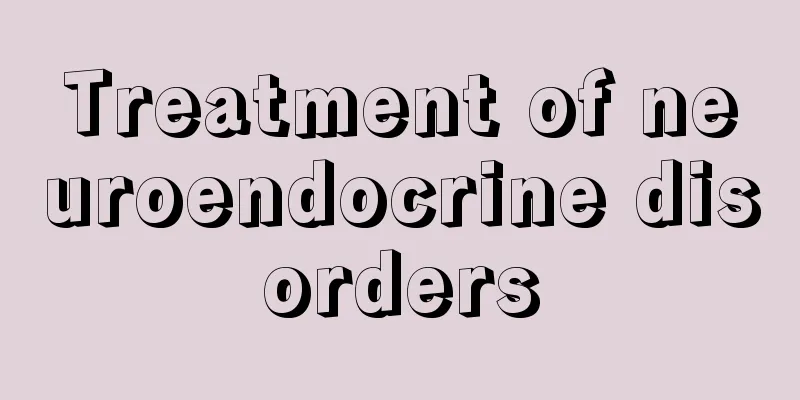Human FSH

|
Human follicle-stimulating hormone is secreted by the human pituitary gland. The effect of human follicle-stimulating hormone is related to the gender of the user. For women, follicle-stimulating hormone can promote the development and maturation of follicles, and follicle-stimulating hormone is also involved in the formation of women's menstruation every month. If it works on men, it can promote testicular maturation and sperm production. The role of follicle-stimulating hormone 1. Directly stimulate the proliferation and differentiation of granulosa cells. 2. Induce the synthesis of FSH and LH receptors in granulosa cells, improve the responsiveness of granulosa cells to LH, so as to maintain the synthesis of ribosomes in preovulatory follicles and the formation of corpus luteum after ovulation. 3. FSH can bind to receptors on the surface of granulosa cells, activate cyclase and cAMP-dependent protein kinase to induce the expression of gene products, such as increased aromatase activity, so that more androgens are converted into estrogens. 4. FSH can also actively inhibit the synthesis of inducible factors, activins and insulin-like growth factor-1. These polypeptide substances play an important role in regulating dominant follicles and atresia. What to do if human follicle-stimulating hormone is high 1. The increase is caused by disease, often a serious disease. We know that follicle-stimulating hormone is secreted by the pituitary gland. When the ovarian function is normal, the follicle-stimulating hormone level is not high. When the ovarian function is low, the follicles cannot mature and be discharged normally. The "command center" as the "superior" of the ovaries will issue more instructions to stimulate the ovarian function to achieve a normal environment for female ovulation. The more the function of the ovaries declines, the more this "listening" information will be fed back to the pituitary gland, and the pituitary gland will release more follicle-stimulating hormone. 2. After the follicle-stimulating hormone level increases, timely and effective treatment should be carried out to prevent further decline in ovarian function. During treatment, the cause of the disease should be identified first, and then appropriate treatment should be given according to the cause. Because of premature ovarian failure, treatment to promote ovarian function is needed. The treatment adopts the method of small doses of hormone regulation and large doses of Chinese medicine stimulation of Female Treasure Capsules to restore the ovulation cycle of the ovaries and restore the ovaries' own ability to secrete estrogen during the process of follicle development, maturation and discharge. The advantage of this method is that after the follicle-stimulating hormone is reduced, the therapeutic effect is maintained for a long time and recurrence is rare. |
<<: What to do if there are lumps after milk accumulation
>>: Abdominal pain after abortion
Recommend
Causes and Treatment of Constipation
Under normal circumstances, the time from food en...
My brother helped me walk into the hospital... Is this disease "contagious"? Severe cases can be fatal
Brothers Wang Da (pseudonym) and Wang Er (pseudon...
Treatment of Fallopian Tube Masses
The fallopian tube is the only way for the egg to...
What to do if you want to have sex during menstruation
Women will have their periods at a certain time. ...
Lower abdominal pain with brown vaginal discharge
In life, many women suffer from gynecological dis...
What to do if you have cervical pain during early pregnancy
With the development of smart technology, smart p...
Is it good to exercise during menstruation?
Every woman's body is different, and her mens...
Should I take vitamin C or vitamin E if I have spots on my face?
Many people know that vitamins are beneficial for...
Will blocked fallopian tubes cause ovulation?
The fallopian tube is a very important organ for ...
High-tech treatment for the causes of yellowish and fishy odor in female vaginal discharge
Abnormal leucorrhea in women is common. Once the ...
What should I pay attention to if there is brown discharge after gynecological examination?
After the gynecological examination, there will b...
How to treat female urinary incontinence
Some women find that some urine is always dischar...
How to treat non-gonococcal cervicitis?
In life, it is difficult for many people to maint...
Characteristics of a 2-month-old baby girl
After pregnancy, the issue people are most concer...
Female lower abdomen discomfort always want to urinate
In our daily life, some women are always prone to...









